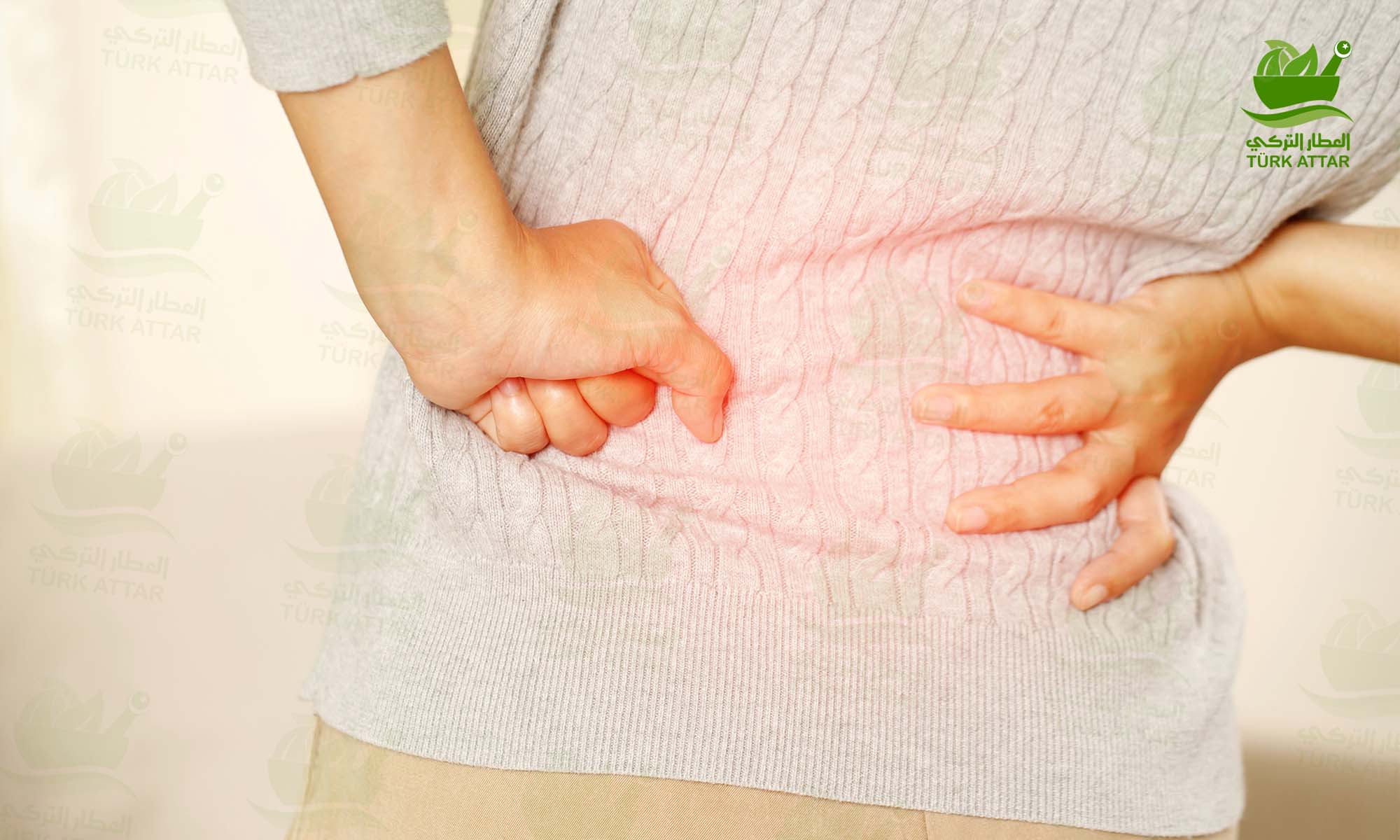
Lumbar hernia occurs when the discs between the five vertebrae of the lumbar spine compress the spinal cord and nerves due to wear, tear, or displacement caused by various causes.
Back Hernia
These discs form a rubbery tissue separating the vertebrae that absorbs shock and ensure the smooth movement of the spine. For various reasons, one or all of these discs may separate from its place and press on the nerve roots, which leads to pain in the back and leg, leg numbness, and muscle weakness.
Most lumbar hernias occur in the last two lumbar vertebrae in the spine.
Other common names for dorsal hernia: lumbar hernia, dorsal disc herniation, lumbar herniation, and herniated disc.
Lumbar Hernia
What are the causes of lumbar hernia?
Lumbar hernias can appear most often in people in the middle age group, and they may also appear, albeit less frequently, in young adults and even children. There are many causes that directly or indirectly lead to the occurrence of lumbar hernia, the most important of which are:
Being overweight/obese: Being overweight increases the burden on the spine as a result of the extra pressure on the discs between the vertebrae in the lower back. Excessive obesity leads to distortion of the shape of the spine and thus the occurrence of lumbar slip.
Pregnancy: Pregnant women, as a result of the irregular change in the center of the body's weight and the increase in the burden on the spine, are at risk of developing a dorsal hernia in the absence of attention to sudden body movements and correct sleeping, sitting and standing positions.
Inactivity: the spine is not the only one responsible for carrying the weight of the body as a whole, but rather its function is integrated with the muscles of the neck, waist and abdomen that are linked and extended with the spine directly. Therefore, inactivity, lack of exercise, and staying for long periods without healthy physical exertion leads to the weakness of these muscles, and thus increases the load on the vertebrae of the spine and the discs separating them, which leads to the occurrence of a sliding back hernia.
Occupation: The risk of a dorsal hernia increases among people who work in occupations that require sitting or standing for long periods, such as office workers and long-distance vehicle drivers, and among occupations that depend on physical strength such as football, weightlifting, wrestling, construction, etc.
Heredity: a dorsal hernia is not a genetic disease, but the weakness of the connective tissue as well, this weakness may increase the possibility of a herniated disc. The incidence of dorsal hernias among people with a family history of this disease was higher than their counterparts who did not have a history of herniated discs in their families.
Smoking: Toxic substances in cigarettes lead to fluid loss and reduce oxygen delivery to the intervertebral discs, which leads to rapid disc damage. Therefore, smoking increases the likelihood of a dorsal hernia.
What are the symptoms of dorsal lumbar hernia?
Often a question arises: What are the symptoms of a lumbar hernia? Lumbar hernia symptoms vary, depending on the location of the disc herniation and the nerve root that is pressing on it. The most common symptoms of lumbar hernia can be listed as follows:
Pain in the lower back: the pain increases when standing for long periods or when coughing and sneezing. These pains may also be associated with muscle spasms.
Pain extending from the waist to the leg: One of the most common symptoms of a dorsal hernia is the pain spreading from the waist to the leg and may also extend to the soles of the feet.
Numbness: Simultaneous numbness and tingling occurs with leg pain.
Muscular weakness: Dorsal slipping causes weakness in the muscles of the leg, foot and thumb on the affected side.
Changes in the functioning of the bladder and intestines: In the advanced stages of dorsal prolapse, the function of the intestines and bladder is affected, which leads to difficulty urinating or incontinence.
Pain tolerance varies from person to person, but a person who is just beginning to experience symptoms of a back hernia should consult a specialist, especially in cases of progressive muscle weakness, muscle weakness, numbness, and lethargy.
Medical intervention is necessary when pain from the waist to the leg begins to prevent normal daily activities, urinary incontinence, inability to urinate, gradual loss of sensation in the thighs, weak leg muscles, and inability to control the anus.
